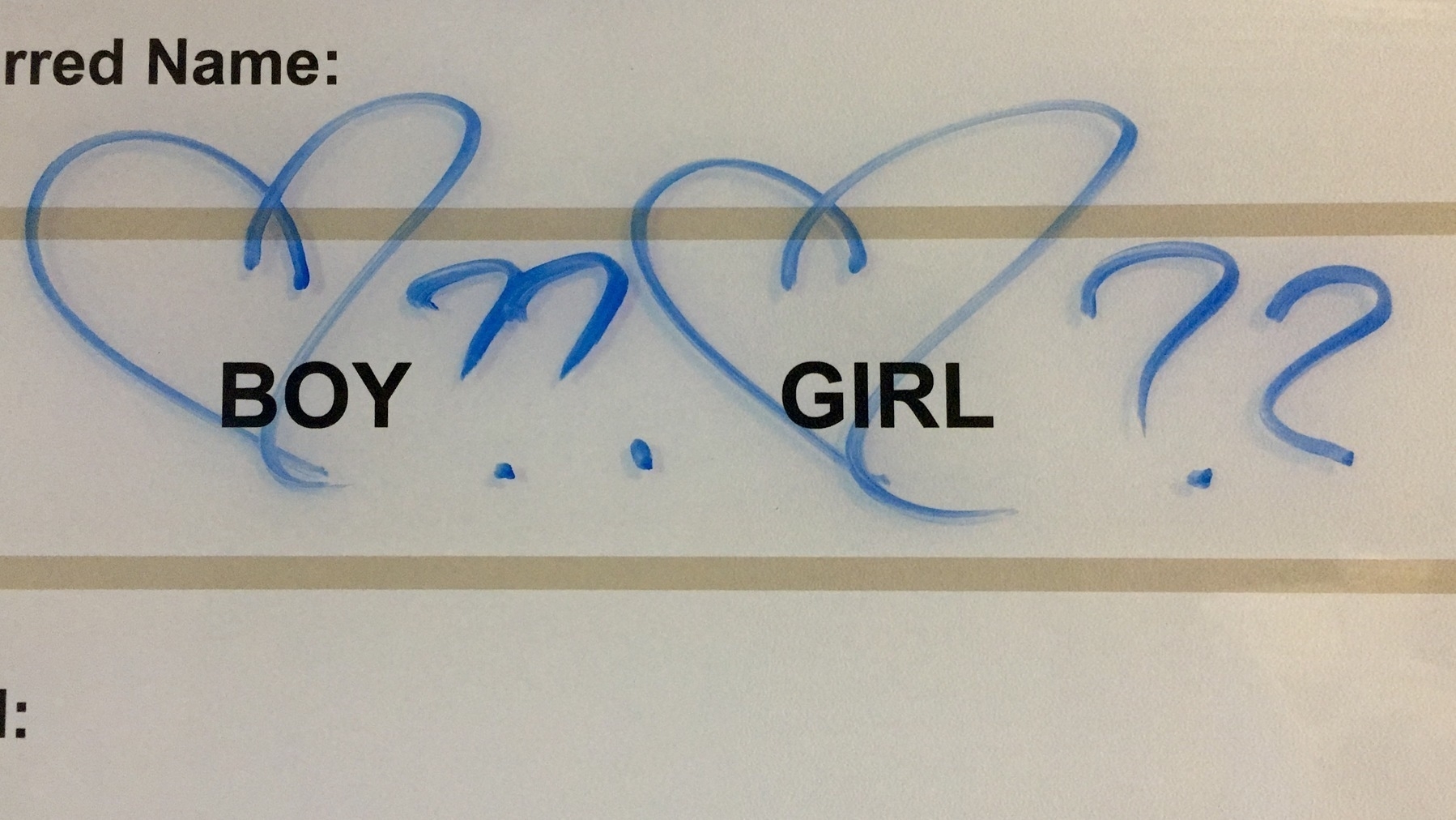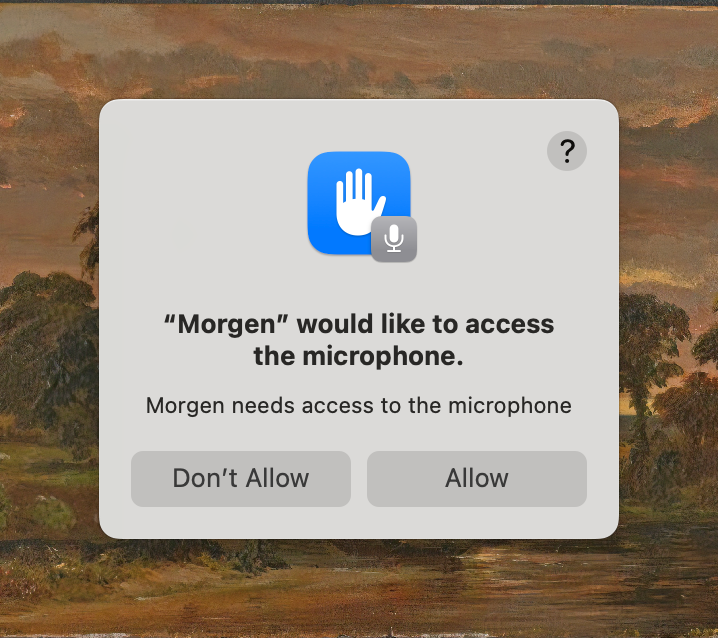Sebregondi and Franceschi picked an astutely international selection of names to drop: an Englishman, an American, and a Frenchman encouraged cosmopolitan aspirations. “Made in China,” on the other hand, did not, so they left that bit out.
I don’t remember how I came about this history of the Moleskine notebook but oh what a history. “Chatwin, Hemingway, Matisse”, yeah right.
And I would have absolutely no complaints if it weren’t so ridiculously expensive for what you get. I want the Costco of premium mediocre notebooks, not the Nordstrom.

Seven years ago today. Time flies!
For the past few months I have been trying out both Tot and Bebop for quick note-taking, and Tot has a clear edge: the Mac app. The biggest loser is Drafts, which has become way too bloated for my needs. So it goes…
Oliver Burkeman writes about what it means to be done for the day:
If you’re caring for a three-year-old, or stuck in meetings, from 9am to 2pm today, the fact that the annual departmental review “needs” completing by 3pm is irrelevant. It’s not going to get written. So maybe “done for the day” will have to mean jotting down a few preliminary ideas for it instead.
I had to find this out through trial and error over a few decades, but you don’t have to! He also has a new book out soon, available for pre-order.
Dave Winer has some good advice:
I’m often tempted to offer advice to the parents, but I won’t offer it unless asked, except this. If you have children, there’s a good chance one or more of them will not have children, and you should love them the same, and provide models of acceptance while they’re growing up, by bringing childless people into your home, so the kids know that this is one of the legitimate choices in life, offering proof that you won’t love them any less if they go down that path. And here’s the hard part, imho, for people with children – keep that promise.
Reviewing my notes I saw the phrase “rigor mitigation”. This is, of course, a failure of autocorrect and a reason why analogue is better than digital. But I’ve been exposed to corporate speak for so long that for a moment I thought it may have actually meant something.
Our eldest just missed a friend’s birthday party because the invitation went to mom’s overflowing and rarely checked personal email and not dad’s inbox nearly-zero. I’m used to school administrators not seeing fathers as the default parents, but having it come from another parent kind of stings.
Inspired by Derek Sivers, I now have a Now page. Thank you, Derek.
I wanted so very much to like morgen for its calendar helper services like automatic travel time, prep time, flexible meetings, etc. But then it throws this alert window with no explanation whatsoever for why on Earth it would need to access my microphone and nope, no way, hard pass.

Today’s quote in the Hobonichi planner — from their CEO, no less — is a good one:
It’s not so much that people who don’t practice, or don’t practice enough, want to play hooky. They just don’t know what to practice. If they knew what to do and how much to do it — how to practice and what goals to aim for — I think the situation would be completely different.
It reminded me of Tyler Cowen’s deliberate practice routine